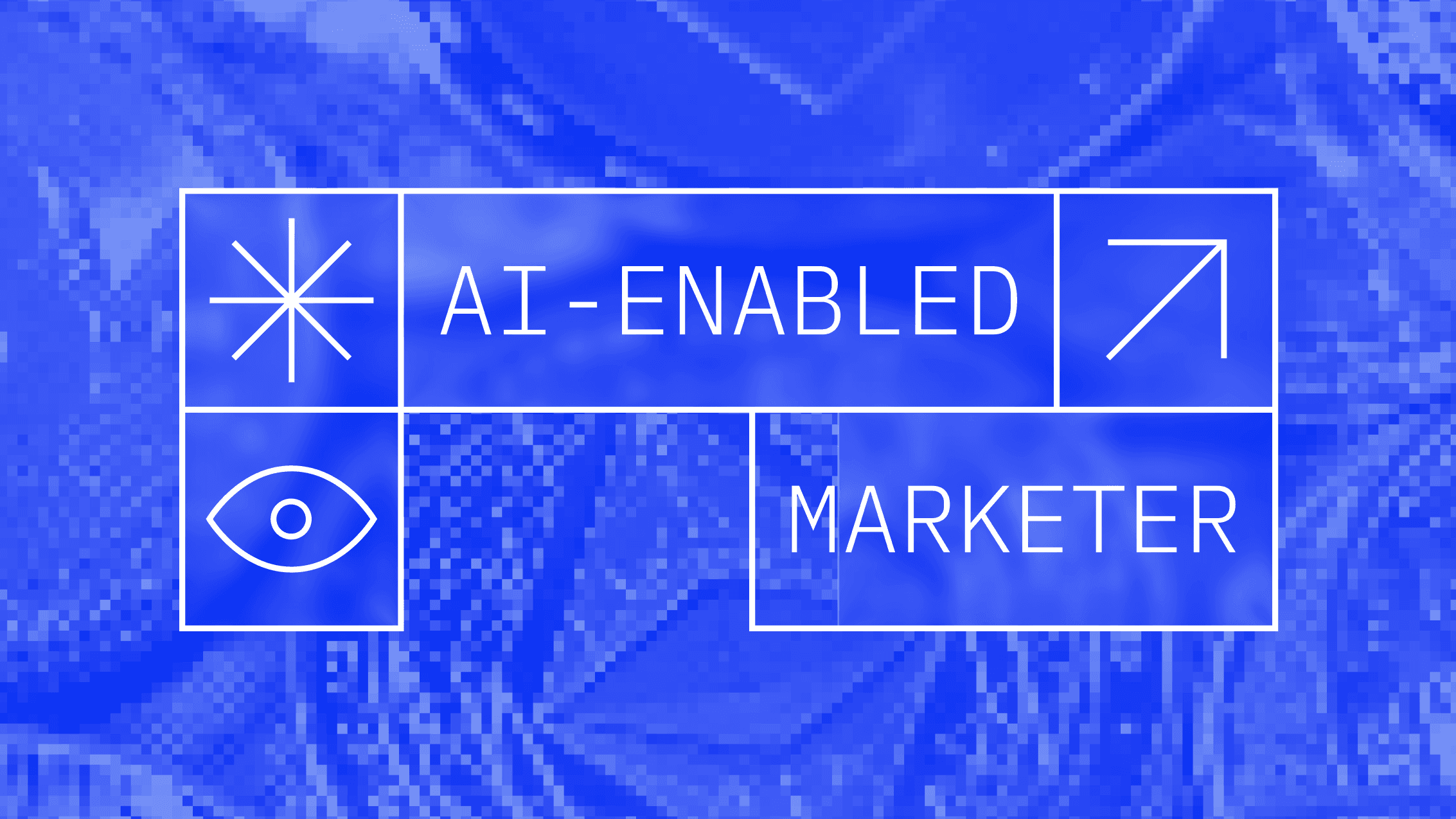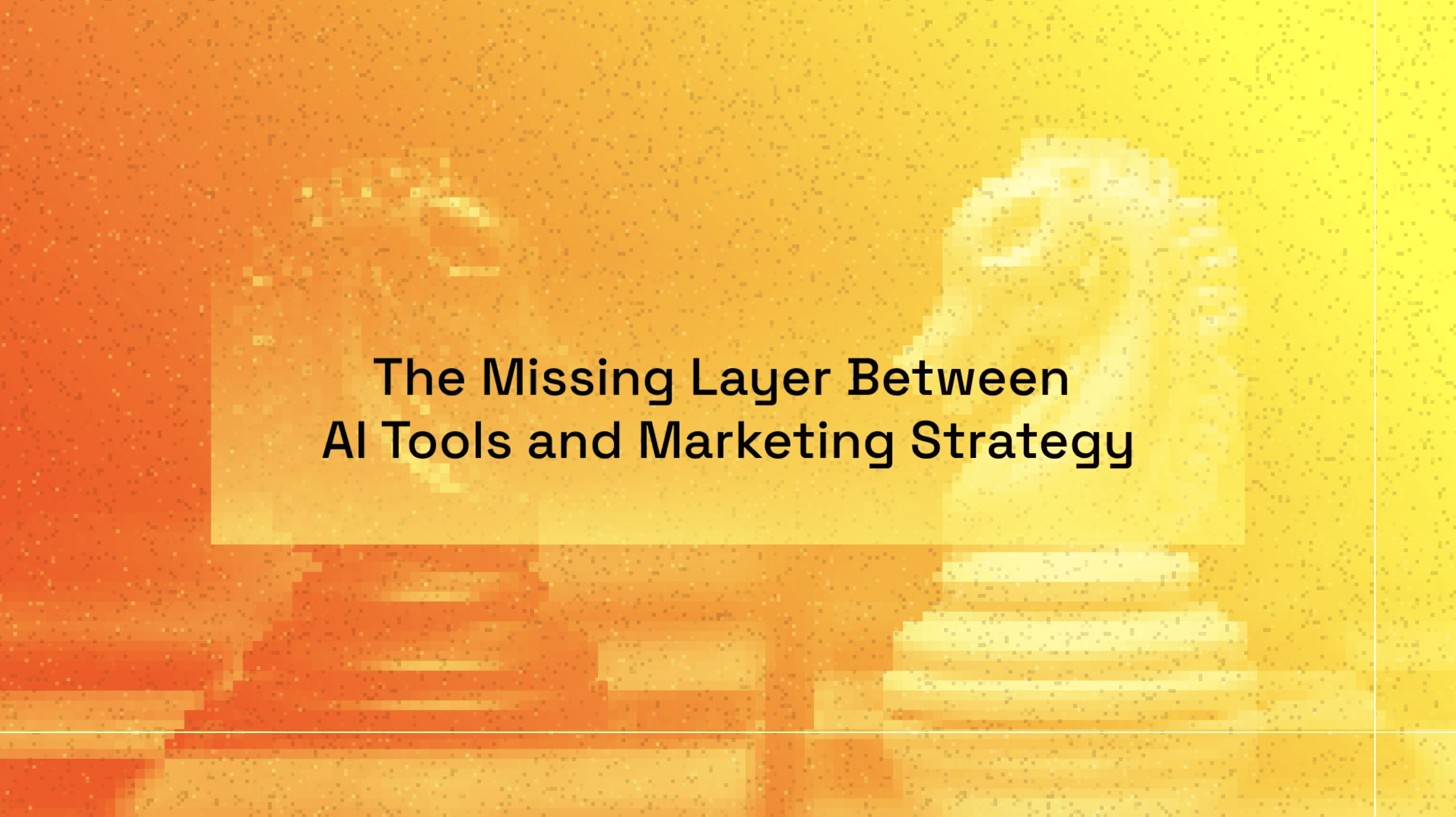
Pt. 2: Supply Chain Management & Sustainability
Will Leatherman
Content Genius
The Revolutionary Role of Blockchain and AI in Supply Chain Management and Sustainability
Supply chains today face many challenges, from inefficiencies and a lack of transparency to pressing sustainability concerns. Traditional methods simply don't do enough to fix these issues, leading to increased operational costs, delays, and environmental impact. Thankfully, blockchain and AI technologies are rapidly becoming the preferred solutions because of their potential to streamline operations and enhance supply chain visibility.
But how exactly are these technologies making a difference, and what do these supply chain disruptions mean for the future of these sectors? This article discusses how businesses can achieve greater transparency, efficiency, and resilience within their operations by integrating blockchain and artificial intelligence.
Enhancing Transparency and Traceability with Blockchain
Blockchain technology's ability to create immutable decentralized ledgers is one of its biggest strengths. These ledgers ensure the integrity of data by recording every transaction and movement of goods in a tamper-proof manner. This transparency creates higher trust levels as all supply chain stakeholders, from manufacturers to end consumers, can access authentic real-time data. It is generally expected that the blockchain will help to:
reduce fraud and errors,
reduce transit and shipping costs, and
improve inventory management.
Take the food industry, for instance. Supply chain professionals can use the blockchain to trace the origin of products and ensure that they meet safety standards and ethical sourcing practices. We've seen companies like Walmart use blockchain tech to track leafy greens, significantly reducing the time it takes to trace the source of contamination from days to mere seconds.
Blockchain runs on smart contracts, which reduce the risk of fraud and inaccuracies. This ability significantly reduces the need for human intervention, which often causes many errors and exposes businesses to fraudulent activities. For example, in the diamond industry, blockchain can verify the authenticity and ethical sourcing of diamonds, ensuring that conflict diamonds don't enter the market.
Challenges in Blockchain Adoption
Despite its advantages, blockchain adoption faces several roadblocks.
Integrating blockchain with legacy systems is a significant hurdle. Many existing systems aren't designed to interact with blockchain, thus requiring supply chain managers to make substantial investments in technology and training.
Interoperability and scalability are also concerns. Regarding interoperability, different blockchain platforms may not seamlessly work together. The technology must also scale to handle the high volume of transactions in global supply chains.
Privacy and regulatory concerns further complicate blockchain adoption. Ensuring data security while maintaining transparency is a delicate balance. Additionally, regulatory frameworks for blockchain are still evolving, and companies must navigate these uncertainties to implement blockchain supply chain operations effectively.
AI-Driven Supply Chain Optimization
AI's ability to analyze real-time data is creating new pathways in logistics. By examining transportation routes, weather conditions, and traffic patterns, it can identify the most efficient and cost-effective delivery routes. This optimization reduces delivery times and costs and enhances overall supply chain efficiency.
Speaking of benefits, features like AI-driven route optimization can significantly reduce fuel consumption and carbon emissions, contributing to more sustainable logistics practices. Companies like DHL are already leveraging AI to optimize their delivery routes, resulting in substantial cost savings and improved service levels.
Demand Forecasting and Inventory Management
AI algorithms excel in demand forecasting and inventory management. They can accurately predict future demand by analyzing historical sales data, market trends, and customer behavior. This capability helps companies optimize inventory levels, reduce waste, and minimize overstocking or stockouts.
A McKinsey report shows that early adopters of AI in the supply chain have improved their inventory levels by 35%, reduced logistics costs by 15%, and increased service levels by 65% compared to slower-moving competitors.

Enhancing Service Levels
AI is also important in improving service levels. By enhancing demand forecasting and inventory management, AI ensures that products are available when and where they are needed, leading to higher customer satisfaction. Additionally, AI-driven customer service solutions, such as chatbots and virtual assistants, provide timely and accurate responses to customer inquiries, further optimizing service levels.
The Synergy Between Blockchain and AI in Global Supply Chain Management
Blockchain and AI are teaming up to change the way the world handles supply chain management. This powerful combo is making things better and smarter for businesses everywhere, making it easier to keep track of products and make good decisions quickly.
Smart Contracts and Automated Processes
Blockchain and AI work together really well, especially when it comes to smart contracts. These are like automated deals that run themselves once certain conditions are met. For instance, in shipping, as soon as a delivery is confirmed, a smart contract can make sure the payment happens right away. This cuts down a lot of paperwork and helps avoid mistakes. According to one Growth Genius at Myosin, "Blockchain-based smart contracts will automate processes, reduce paperwork, and minimize human error, leading to faster, more secure, and cost-effective transactions."
Real-Time Monitoring and Risk Management
Combining blockchain and AI enables real-time monitoring and risk management. Blockchain provides a transparent and immutable record of transactions, while AI analyzes this data to detect potential risks such as counterfeiting, fraud, and quality control issues. This combination allows companies to respond quickly to mitigate risks and minimize potential damage.
Sustainability and Environmental Impact
AI helps companies use resources better and cut down on pollution. AI-powered optimization reduces waste and lowers carbon emissions by identifying the most efficient logistics routes and accurately predicting demand. Blockchain enhances transparency, encouraging companies to adopt more sustainable practices by providing consumers with real-time data on a product's origin, environmental impact, and ethical considerations.
Future Potential and Industry-Wide Implications
From meticulous supply chain planning to seamless execution, blockchain and AI together are setting the stage for smarter, more transparent, and highly efficient business operations. Here's how these technologies can transform how companies manage their supply chains, setting a new standard for innovation and industry-wide best practices:
Transformations in Consumer Behavior
Increased transparency and traceability enabled by blockchain and AI are changing how consumers behave. Consumers are becoming more informed and conscious of the products they purchase, allowing factors such as origin, environmental impact, and ethical practices influence their buying decisions. This shift is now compelling supply chain organizations to adopt more sustainable and transparent practices that match consumer expectations
The emergence of EU Digital Product Passports is further accelerating this transformation in consumer behavior. These digital passports provide detailed product information, including material sourcing, manufacturing processes, sustainability certifications, and social impact initiatives. By making this data readily accessible via blockchain or cloud-based platforms, brands can build trust and loyalty with increasingly conscious consumers. Forward-thinking companies. are already leveraging Digital Product Passports as a differentiation tool and customer engagement touchpoint, recognizing their potential to drive brand preference and repeat purchases in an era of values-driven consumption.
Regulatory and Standardization Efforts
Blockchain and AI regulation is still developing. It is important that everyone in the industry works together to make common rules to promote the widespread adoption of these technologies. The right regulations should allow new ideas to grow while ensuring data security and privacy. Industry-wide standards will facilitate interoperability and scalability and will help these technologies work well together and grow on a big scale.
Long-Term Benefits for Businesses and the Environment
Blockchain and AI can bring big benefits to businesses and the planet over time. These technologies can ensure higher supply chain resilience and efficiency, ultimately reducing costs and improving service levels. Additionally, the transparency and optimization provided by blockchain and AI contribute to global sustainability efforts, reducing waste and lowering carbon emissions.
In the next 5 to 10 years, blockchain and AI technologies are expected to bring about significant transformations in supply chain management and sustainability. Increased transparency and traceability will drive companies to adopt more sustainable practices, while AI-powered optimization will lead to reduced waste and improved resource utilization. Blockchain-based smart contracts will automate processes, reduce paperwork, and minimize human error, making transactions faster, more secure, and cost-effective. The synergy between blockchain and AI will create more efficient, sustainable, and resilient supply chains, ultimately benefiting businesses, consumers, and the environment.
Looking Ahead
Looking to the future, blockchain and AI are set to transform supply chain management. Blockchain ensures data security and transparency, building trust among supply chain partners. AI, with its machine learning capabilities, offers enhanced analysis of supply chain data for better decisions. This leads to more efficient warehouse management and fewer errors. As these technologies merge, they promise smarter, greener, and more reliable supply chains. Despite the obstacles, the push towards AI supply chain management is becoming a must-do for businesses aspiring to remain competitive and eco-friendly.



